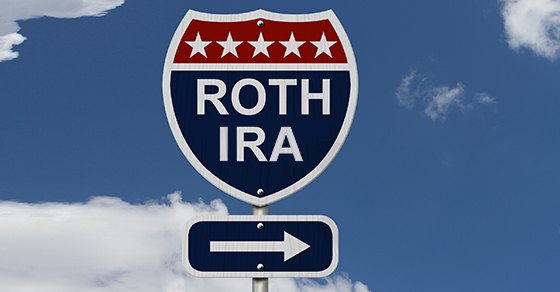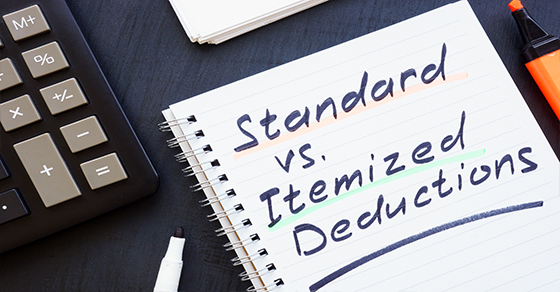Stock market volatility can cut tax on a Roth IRA conversion
This year’s stock market volatility can be unnerving, but if you have a traditional IRA, this volatility may provide a valuable opportunity: It can allow you to convert your traditional IRA to a Roth IRA at a lower tax cost.
Traditional IRAs
Contributions to a traditional IRA may be deductible, depending on your modified adjusted gross income (MAGI) and whether you participate in a qualified retirement plan, such as a 401(k). Funds in the account can grow tax-deferred.
On the downside, you generally must pay income tax on withdrawals, and, with only a few exceptions, you’ll face a penalty if you withdraw funds before age 59½ — and an even larger penalty if you don’t take your required minimum distributions (RMDs) after age 70½.
Roth IRAs
Roth IRA contributions, on the other hand, are never deductible. But withdrawals — including earnings — are tax-free as long as you’re age 59½ or older and the account has been open at least five years. In addition, you’re allowed to withdraw contributions at any time tax- and penalty-free.
There are also estate planning advantages to a Roth IRA. No RMD rules apply, so you can leave funds growing tax-free for as long as you wish. Then distributions to whoever inherits your Roth IRA will be income-tax-free as well.
The ability to contribute to a Roth IRA, however, is subject to limits based on your MAGI. Fortunately, anyone is eligible to convert a traditional IRA to a Roth. The catch? You’ll have to pay income tax on the amount you convert.
Saving tax
This is where the “benefit” of stock market volatility comes in. If your traditional IRA has lost value, converting to a Roth now rather than later will minimize your tax hit. Plus, you’ll avoid tax on future appreciation when the market stabilizes.
Of course, there are more ins and outs of IRAs that need to be considered before executing a Roth IRA conversion. If your interest is piqued, discuss with us whether a conversion is right for you.
© 2016



